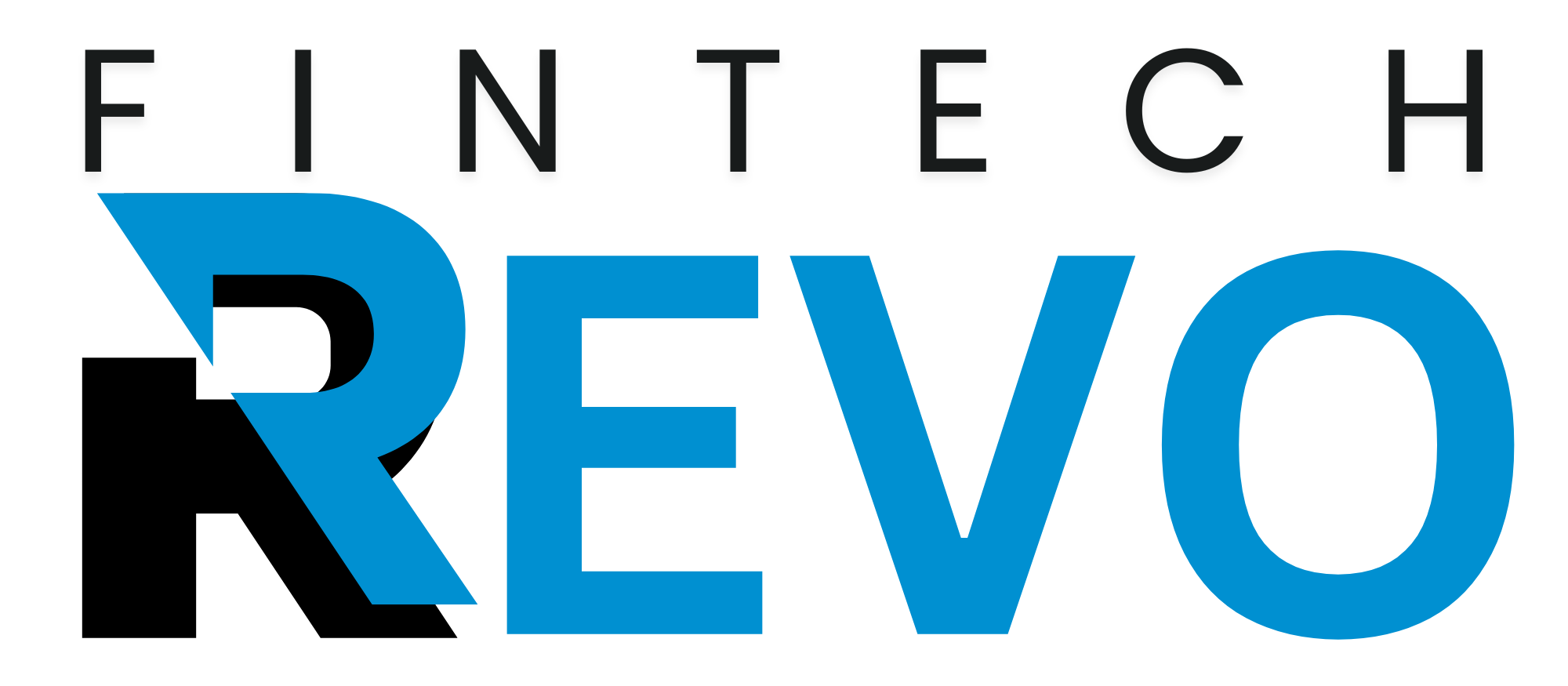Crypto business development jobs are roles that bridge the gap between blockchain innovation and commercial growth. In simple terms, a crypto business development job is a position focused on identifying partnerships, building ecosystems, and creating sustainable revenue models for companies operating within the cryptocurrency and Web3 space.
These professionals work on driving user adoption, negotiating collaborations, and expanding market reach for crypto exchanges, blockchain projects, NFT marketplaces, DeFi protocols, and other Web3-based startups. Let’s explore what these roles involve, what skills they demand, and how to pursue a career in this field.
What Is a Crypto Business Development Job?
A crypto business development job is a role where professionals help blockchain and cryptocurrency companies grow through strategic partnerships, product collaborations, and community engagement. The main objective is to expand the project’s network, user base, and market visibility.
Unlike traditional business development, the crypto sector blends financial technology (fintech), marketing, and community-driven strategies. Professionals often engage with decentralized projects, smart contracts, token economies, and cross-chain ecosystems.
Core Responsibilities
- Identifying and securing partnerships with exchanges, payment platforms, or DeFi protocols
- Negotiating listing agreements and cross-promotions with blockchain projects
- Creating strategies to grow token adoption and project awareness
- Analysing blockchain trends and competitor activities
- Coordinating with product, marketing, and technical teams
- Representing the company at crypto events, AMAs, and online communities
For instance, a business development manager at a crypto exchange might secure new token listings, collaborate with payment gateways, or design campaigns to attract institutional investors.
The Evolution of Business Development in the Crypto Industry
The crypto industry has evolved rapidly from a niche space of tech enthusiasts to a global financial ecosystem. As the market matured, companies began requiring specialists who could navigate partnerships and regulations while understanding blockchain technology.
Key Phases of Growth
| Period | Market Evolution | Business Development Focus |
| 2010–2015 | Early Bitcoin startups and blockchain experiments | Evangelism and education |
| 2016–2020 | Rise of ICOs, exchanges, and wallets | Investor relations and token listings |
| 2021–2025 | Institutional adoption, NFTs, and Web3 expansion | Ecosystem building, compliance, and partnerships |
This evolution transformed crypto business development from a sales-like function into a hybrid role combining strategic thinking, technical knowledge, and relationship management.
Typical Roles and Job Titles
There are various job titles under the umbrella of business development crypto jobs, each with different focuses and seniority levels.
Common Job Titles
- Business Development Manager – Crypto Exchange
- Partnership Manager – Web3 Projects
- Ecosystem Lead – Blockchain Network
- Growth Strategist – DeFi Platform
- Account Manager – NFT Marketplace
- Business Development Director – Crypto Venture
These roles exist across startups, investment funds, technology providers, and major exchanges such as Binance, Coinbase, and Kraken.
Required Skills for Crypto Business Development Professionals
Professionals in this field need a balance of business acumen, blockchain literacy, and networking capabilities. Employers seek individuals who can understand tokenomics, market data, and partnership structures.
Essential Skills
- Blockchain Knowledge: Understanding how cryptocurrencies, smart contracts, and decentralized systems operate.
- Partnership Development: Building relationships with exchanges, protocols, and financial partners.
- Market Analysis: Evaluating token trends, project viability, and competitor positioning.
- Negotiation: Managing complex agreements involving tokens, liquidity pools, or cross-promotions.
- Regulatory Awareness: Knowing how compliance affects crypto business operations in regions like the US, EU, and UAE.
- Communication: Writing proposals, presenting at conferences, and engaging community partners.
For example, a professional working with a decentralized finance (DeFi) startup must understand yield farming, liquidity pools, and governance tokens to pitch partnerships effectively.
Typical Employers and Sectors
Crypto business development professionals can work across a variety of organizations. Here are some common categories:
- Crypto Exchanges: Binance, Coinbase, KuCoin, Kraken
- Blockchain Projects: Ethereum, Solana, Avalanche, Polygon
- DeFi Protocols: Uniswap, Aave, Compound
- NFT Marketplaces: OpenSea, Rarible, Magic Eden
- Web3 Startups: DAOs, gaming projects, and layer-2 solutions
- Consultancies and Agencies: Crypto marketing and advisory firms
The demand for experienced professionals has increased as Web3 ecosystems expand beyond trading and into areas like gaming, real estate, and identity management.
Salary Expectations and Job Demand
Salaries for business development roles in crypto vary by experience, region, and project size. However, they tend to offer competitive compensation due to the technical and strategic expertise required.
| Job Title | Average Annual Salary (USD) | Experience Level |
| Business Development Associate | $55,000 – $80,000 | Entry-level |
| Business Development Manager | $90,000 – $150,000 | Mid-level |
| Head of Partnerships | $120,000 – $200,000+ | Senior |
| Ecosystem Growth Lead | $150,000 – $250,000+ | Expert |
Many companies also offer token-based bonuses or equity in the form of vested crypto assets, which can significantly increase total compensation.
Regional Opportunities
United States
Crypto business development jobs in the US are concentrated in cities like New York, Miami, San Francisco, and Austin. The presence of venture capital firms and crypto-friendly regulations in some states creates strong demand for business development managers and partnership leads.
Europe
Cities such as London, Berlin, Lisbon, and Zurich serve as key hubs for blockchain startups. The European Union’s regulatory framework (MiCA) encourages transparent and compliant operations, making it easier for professionals to find stable, long-term positions.
Middle East
Dubai and Abu Dhabi have emerged as major crypto centers with dedicated free zones for blockchain projects. Professionals focusing on exchange partnerships and cross-border fintech collaborations find significant opportunities here.
Asia
Singapore, Hong Kong, and Tokyo continue to attract blockchain innovators. Many Web3 startups are hiring for ecosystem development roles to expand within Southeast Asia’s growing crypto user base.
Educational and Professional Background
While no single academic path is required, most professionals in crypto business development come from business, finance, or technology backgrounds. However, practical experience and networking often weigh more heavily than formal qualifications.
Helpful Backgrounds
- Bachelor’s or Master’s in Business, Finance, Economics, or Computer Science
- Experience in fintech, sales, or investment banking
- Knowledge of blockchain development or smart contracts (a plus)
- Certifications such as Certified Blockchain Professional (CBP) or Certified Cryptocurrency Expert (CCE)
Candidates with both financial and technical literacy tend to progress faster, especially if they can interpret blockchain analytics and negotiate deals simultaneously.
How to Get Started in Crypto Business Development
Breaking into this field can seem daunting, but there are clear steps to build credibility and connections.
Step-by-Step Path
- Understand Blockchain Fundamentals: Learn how consensus mechanisms, tokens, and DeFi platforms operate.
- Build a Network: Engage in Web3 communities on X (Twitter), Discord, and Telegram.
- Start Small: Work with smaller crypto startups or volunteer for DAO projects to gain practical exposure.
- Develop Partnerships: Offer to connect projects, exchanges, or influencers in mutually beneficial ways.
- Stay Updated: Follow market trends, regulatory updates, and major token launches.
- Showcase Expertise: Share analyses or write about blockchain trends on LinkedIn or Medium.
For example, if you helped a DeFi protocol gain listings on three exchanges, document the process and outcomes—it serves as a strong portfolio example when applying for higher roles.
Common Tools and Platforms Used
Professionals rely on both traditional business tools and crypto-specific analytics platforms.
| Category | Examples |
| Communication | Slack, Discord, Telegram |
| CRM and Sales | HubSpot, Notion, ClickUp |
| Analytics | Dune Analytics, Nansen, CoinMarketCap |
| Data Visualization | Google Data Studio, Tableau |
| Market Research | Messari, Glassnode, DefiLlama |
Understanding these tools helps streamline outreach, track token performance, and present data-driven growth proposals.
Challenges in Crypto Business Development
Despite its lucrative potential, this career comes with unique challenges:
- Regulatory Uncertainty: Constantly changing crypto laws across jurisdictions.
- Market Volatility: Sudden value shifts affecting partnerships and token-based compensation.
- Trust Issues: New projects often face credibility hurdles in early stages.
- Technical Barriers: Understanding the blockchain architecture behind new integrations.
- Competition: Rapid growth attracts talent globally, making roles highly competitive.
Adaptability, continuous learning, and transparent communication are essential to thrive in such a dynamic environment.
Future Trends in Crypto Business Development
The next phase of crypto business development will focus on integrating blockchain into mainstream industries. The emphasis will move from speculative trading to utility-driven partnerships.
Emerging Areas
- Real-world Asset Tokenization (RWA): Expanding crypto’s presence in property, art, and commodities.
- Decentralized Identity and Privacy Solutions: Building trust frameworks for user data.
- Cross-chain Collaborations: Enabling interoperability across blockchain ecosystems.
- AI and Blockchain Integration: Using machine learning for predictive analytics in token economies.
- Sustainability Initiatives: Supporting green blockchain projects and ESG-compliant solutions.
Professionals who understand these evolving domains will be highly sought after in the coming years.
Example Career Path
Here’s a simplified roadmap of how one might progress through a career in crypto business development:
| Career Stage | Example Roles | Typical Duration |
| Entry | Community Manager, Junior BD Associate | 1–2 years |
| Mid-Level | Partnership Manager, Business Development Lead | 2–4 years |
| Senior | Head of Ecosystem Growth, BD Director | 5+ years |
| Executive | VP of Business Development, Chief Growth Officer | 7–10 years |
Each stage brings more strategic responsibilities—from outreach and deal-making to managing global teams and multimillion-dollar partnerships.
Practical Example: Building Partnerships for a Crypto Exchange
Let’s say a crypto exchange aims to grow its trading volume. A business development professional could:
- Identify potential token projects with strong community backing.
- Negotiate listing agreements in exchange for liquidity incentives.
- Collaborate with influencers for joint marketing campaigns.
- Establish fiat on-ramp partnerships to improve accessibility.
- Attend blockchain events to secure B2B collaborations.
This structured approach showcases how a crypto business development specialist drives tangible growth.
Final Thoughts
A crypto business development job is not just about sales or marketing—it’s about connecting technology, finance, and people to build the foundation of the digital economy. It requires curiosity, adaptability, and strong interpersonal skills.
As blockchain adoption expands across sectors like finance, gaming, and identity verification, professionals in this field will play a defining role in shaping the future of decentralization. Whether you’re transitioning from fintech, marketing, or tech sales, there’s a wealth of opportunity waiting in this rapidly maturing industry.
FAQs
Do crypto business development jobs require technical blockchain skills?
Not always. While understanding blockchain basics is helpful, most business development roles focus on partnerships, strategy, and growth rather than coding. However, candidates with technical literacy—especially around smart contracts or tokenomics—stand out when collaborating with developers and product teams.
How can someone transition into crypto business development from a traditional finance or tech role?
Professionals from fintech, sales, or marketing backgrounds can move into crypto by first building blockchain knowledge through certifications, joining crypto communities, or consulting for small Web3 projects. Demonstrating genuine interest in the ecosystem often matters more than prior crypto experience.
What are the most in-demand positions in crypto business development right now?
High-demand roles include Partnership Managers for DeFi protocols, Ecosystem Leads for layer-1 and layer-2 networks, and Growth Managers for exchanges and NFT platforms. Companies also seek candidates skilled in institutional outreach and regulatory relationship management.
Are crypto business development roles remote or office-based?
Most positions in the crypto sector are remote due to the industry’s global and decentralized nature. Teams often work across different time zones, using platforms like Slack, Notion, and Discord for collaboration. However, some senior or compliance-related roles may still require partial on-site presence.
What are the biggest career growth opportunities in crypto business development?
As the industry matures, professionals can advance into senior leadership roles such as Head of Ecosystem, Chief Growth Officer, or Strategic Advisor for blockchain ventures. There’s also growing scope for specialization in areas like NFT partnerships, DeFi integrations, and enterprise blockchain adoption.


